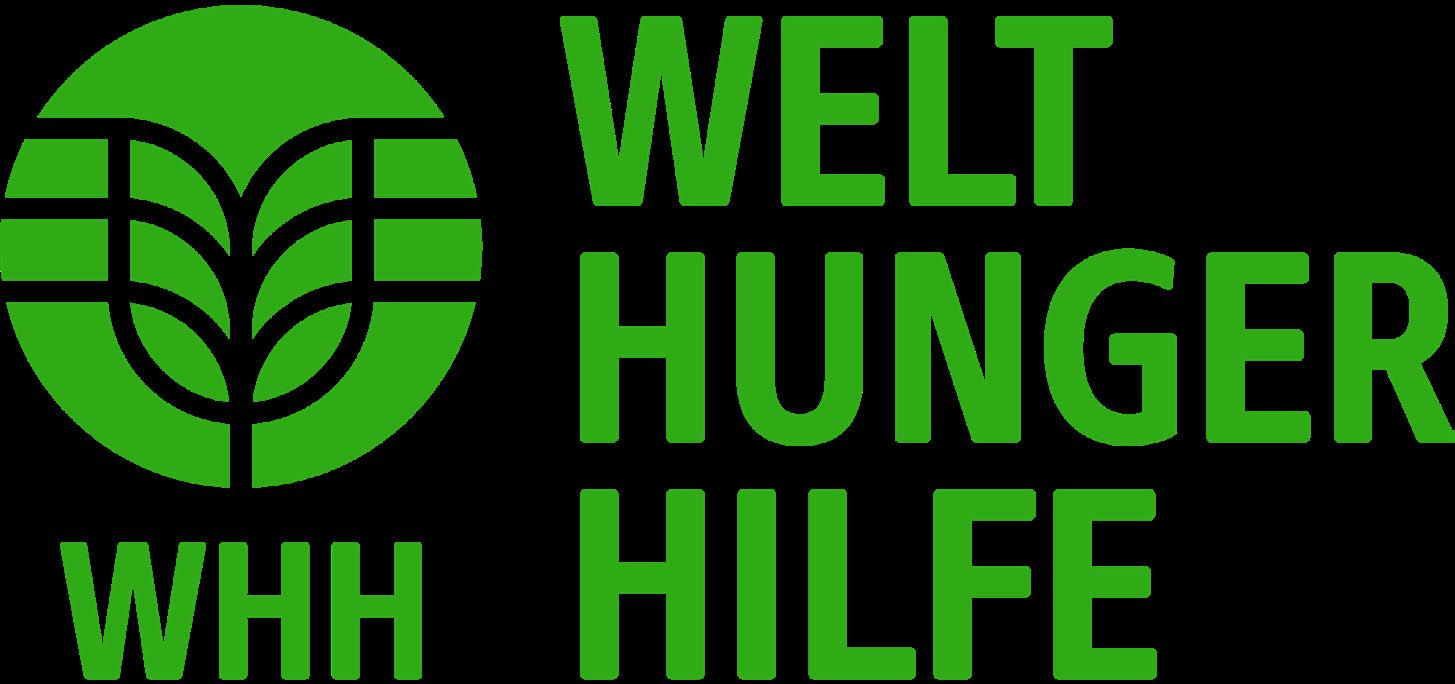

For a world without hunger



For a world without hunger
In the ever-evolving landscape of humanitarian aid, procurement and logistics play a crucial role in delivering impact where it matters most. At the heart of Welthungerhilfe Malawi’s operations is a commitment to ethical sourcing, local empowerment, digital innovation, and unwavering accountability. Leading this charge is the Head of Procurement and Logistics, Evance Ziwa Kalepa whose journey from the private sector to humanitarian leadership reflects a deep dedication to continuous learning, collaboration, and principled action.
In this interview, we explore how his leadership has shaped supply chain strategies that respond to climate volatility, promote localisation, strengthen supplier partnerships, and uphold the highest standards of compliance. From prepositioning relief items to rolling out e-tendering platforms and building long-term agreements with vendors, his team ensures that procurement is not just efficient— but a strategic enabler of WHH’s mission to end hunger and promote food security. He also shares advice for the next generation of humanitarian procurement leaders, emphasising integrity, adaptability, and a relentless focus on impact.

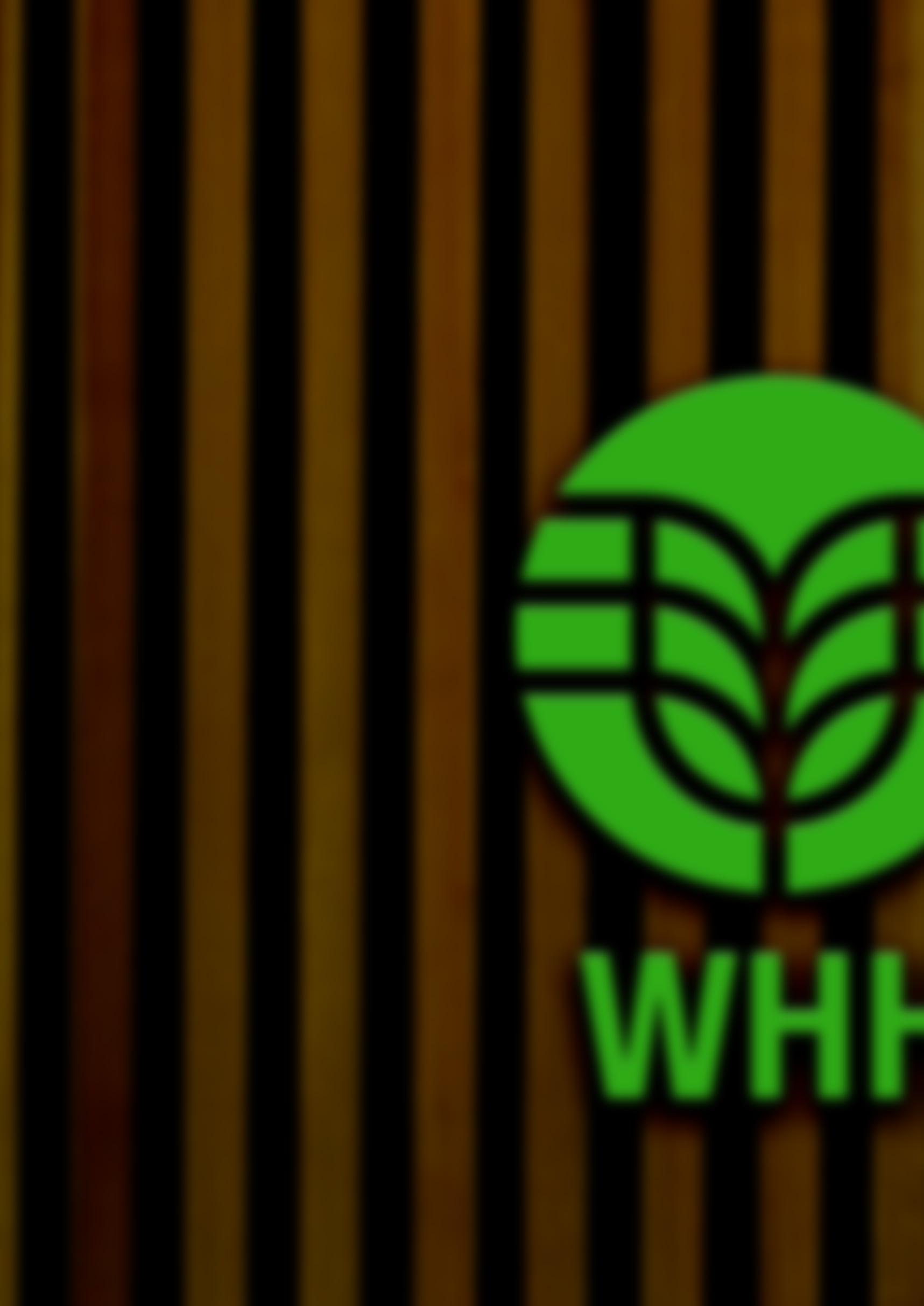
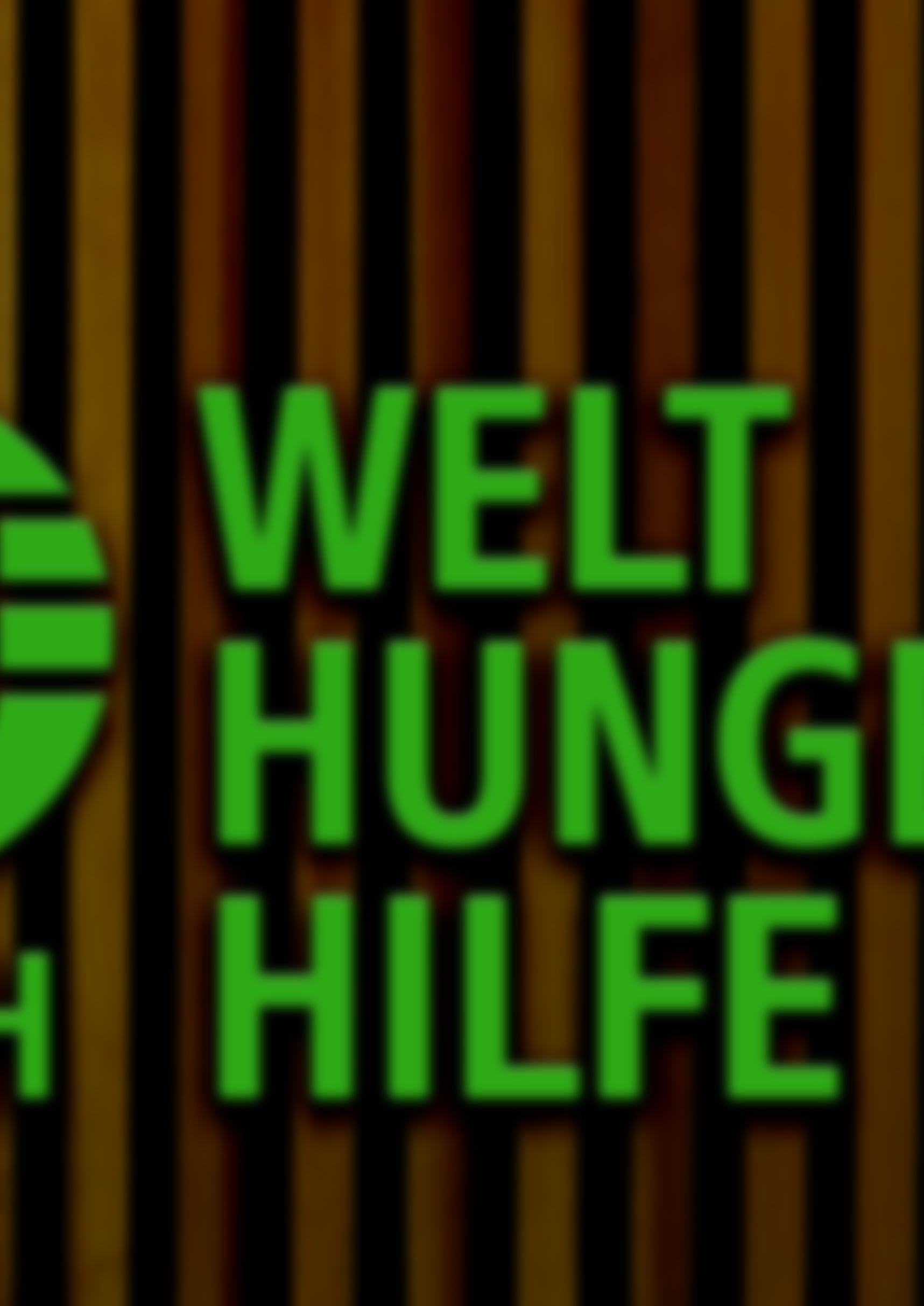


Can you share your career journey and what led you to your role as Head of Procurement and Logistics at Welthungerhilfe? What experiences have most influenced your leadership approach in the humanitarian supply chain space?
My professional journey began in the private sector in the early 2000s, where I was first introduced to warehousing for finished goods. This early exposure sparked a lasting interest in supply chain management and laid the foundation for my career in procurement and logistics.
After several formative years in warehousing, I transitioned into the humanitarian sector—a move that deepened my sense of purpose and broadened my understanding of how supply chains enable effective and ethical aid delivery. Over time, I took on various roles across the supply chain spectrum, expanding my experience to include procurement, logistics, and transport. Each step was an opportunity to grow, both professionally and personally. Today, I serve as the Head of Procurement and Logistics at Welthungerhilfe Malawi and am a member of the Senior Management Team.
My leadership in the humanitarian supply chain space has been shaped by managing complex procurement processes with care and fairness. Leading procurement and logistics teams, adhering to professional standards, and having a genuine passion for continuous learning have helped me better understand organisational systems and shape my leadership style. Additionally, working closely with different departments and partners has taught me how to foster collaboration and ensure quick, effective action. Being part of professional associations like the Malawi Institute of Procurement and Supply has also allowed me to learn from others and stay informed on best practices.
My journey—from warehouse operations to strategic leadership—has been guided by a commitment to learning and a belief that well-managed supply chains are powerful drivers of humanitarian impact.
Procurement plays a critical role in ensuring timely and effective aid delivery. How does your team at Welthungerhilfe support the organisation’s mission to eliminate hunger and ensure food security through efficient and ethical procurement?
At Welthungerhilfe Malawi, procurement is a strategic enabler of our mission to end hunger and ensure food security. Guided by WHH’s vision of a world free from hunger and poverty, our team places project beneficiaries at the centre of every procurement decision, ensuring their needs drive our actions.
We work hand in hand with Project Heads to ensure that requests for goods and services are received in good time. This close collaboration allows us to plan and execute procurement processes efficiently, enabling the timely delivery of supplies and services that are fit for purpose and aligned with project timelines.
Our approach prioritises quality, compliance, and value for money. We also support implementing partners through regular compliance training and guidance on ethical sourcing, ensuring that all procurement activities—whether direct or through partners—meet both WHH and donor requirements. Our work is anchored in core principles: transparency, fairness, efficiency, proportionality, competitive bidding, value for money, support for the local economy, and duty of care. These values underpin our ethical procurement framework and ensure responsible stewardship of donor resources.
By promoting a culture of integrity, collaboration, and continuous improvement, our procurement function contributes meaningfully to sustainable outcomes and builds lasting trust with communities, partners, and donors.

Welthungerhilfe emphasises sustainability and accountability. How do you integrate ethical sourcing and environmental responsibility into your procurement and logistics decisions, especially in fragile and high-risk environments?

Sustainability and accountability are core values that guide the procurement and logistics operations of WHH Malawi. We are committed to embedding ethical and sustainable practices across all supply chain activities, even in fragile and high-risk environments where maintaining standards can be particularly challenging.
Our approach begins with integrating sustainability requirements into all procurement documentation, ensuring that suppliers understand and uphold our expectations. This commitment is further reinforced by the WHH Malawi Sustainability Plan, developed in collaboration with our global Expert of Sustainability. Now under implementation, the plan includes tangible actions such as e-tendering most of our procurements, solarising our main office, improving waste management, and enhancing supplier due diligence to assess environmental and ethical performance.
We also contribute to the organisation-wide sustainability agenda by regularly submitting carbon footprint data to WHH’s global dashboard. This data informs strategic decisions such as prioritising the acquisition of low-emission vehicles, phasing out non-compliant fleet assets, and adopting greener logistics solutions.
As Head of Procurement and Logistics, I champion this agenda among WHH staff and our implementing partners through policy guidance, capacity building, and fostering a shared culture of environmental responsibility.
At WHH Malawi, sustainability is not an add-on—it is a fundamental principle that shapes how we procure, partner, and deliver, ensuring long-term impact and responsible stewardship in all we do.

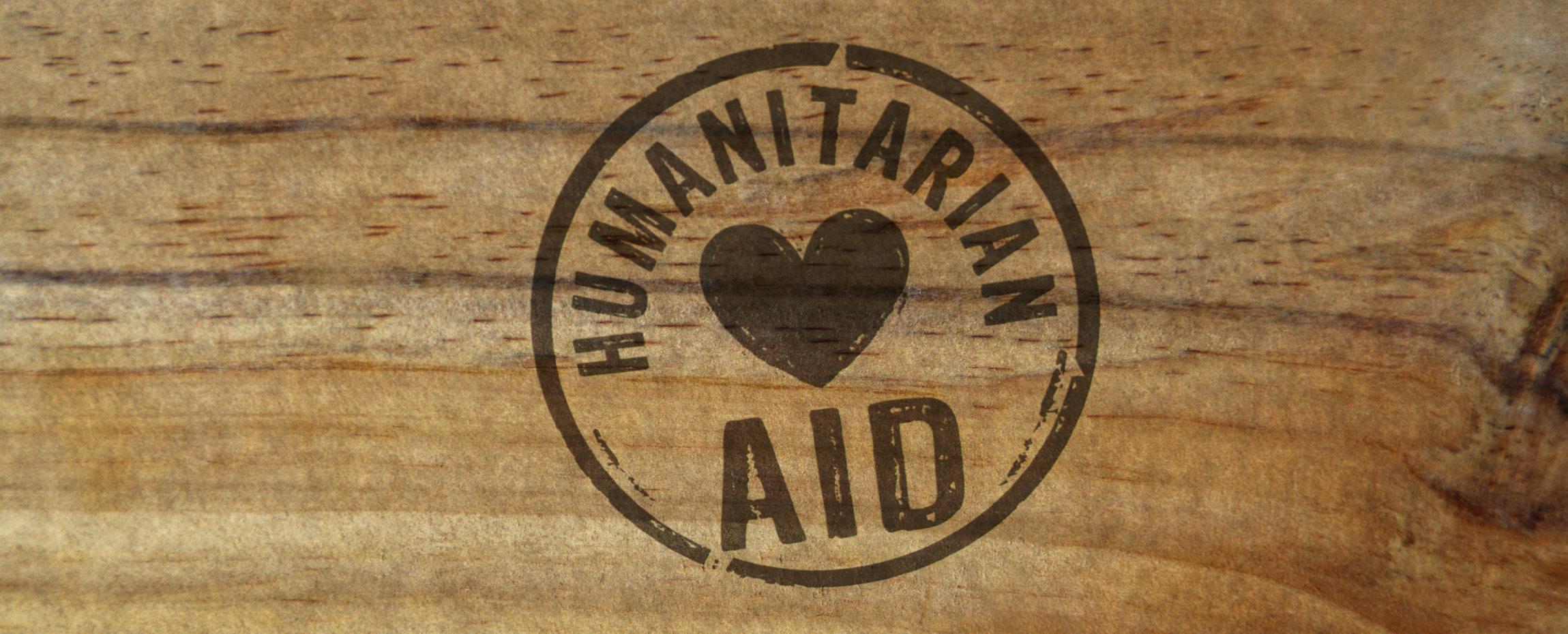
In humanitarian supply chains, trust and performance are essential. What strategies do you use to build strong, transparent relationships with local and global suppliers, especially in conflictaffected or disaster-prone regions?
In humanitarian supply chains, trust, reliability, and transparency are critical to effective aid delivery. At WHH Malawi, we place high value on building strong, performance-driven relationships with our suppliers—both local and international—to ensure we meet the needs of the communities we serve, especially in times of crisis. While Malawi is not a conflict-affected country, it is prone to natural disasters such as floods, droughts, and cyclones. This reality has significantly shaped how we structure our supply chain and engage with suppliers. Our procurement portfolio spans a wide range of categories, including consultancies, construction, ICT services, conference and accommodation services, office supplies, electrical equipment, farm inputs, and essential relief items.
One of our key strategies is the establishment of Long-Term Agreements (LTAs) with carefully vetted service providers. These agreements allow us to maintain continuity, ensure value for money, and enhance responsiveness across different projects. LTAs also foster a deeper mutual understanding— suppliers become familiar with our operations, compliance requirements, and delivery expectations, which contributes significantly to both efficiency and accountability. In addition to LTAs, we are currently developing a new strategic initiative aimed at enhancing our emergency response capacity. Based on lessons from major emergency interventions in 2021, 2022, and 2023, we are drafting Terms of Reference for Emergency Supply Partnerships. This framework will allow us to pre-identify and onboard suppliers specifically for rapid deployment during emergencies. The goal is to reduce lead times, ensure availability of critical supplies, and prevent operational delays when disasters strike.
Transparency is central to our supplier engagement approach. We follow clear procurement procedures, communicate expectations openly, and ensure that suppliers understand our ethical sourcing and compliance standards. Regular performance reviews and supplier feedback loops allow us to assess service levels and continuously improve our partnerships.
Ultimately, our approach is not transactional—it is relational and strategic. We aim to build partnerships with suppliers who share our commitment to humanitarian principles, value for money, and service to the communities we support. This way, even in disaster-prone contexts, our supply chain remains agile, reliable, and fully aligned with Welthungerhilfe’s mission.
Working across rural, conflict, or post-disaster areas presents immense logistical hurdles. What are some of the biggest challenges you face in logistics coordination, and how does your team overcome them to maintain continuity?
One of the most significant logistical challenges we encounter in rural areas is the poor state of the road network. This makes the transportation of supplies to and from remote locations particularly difficult—especially during the rainy season. To mitigate this, our team consistently advocates for and prioritises the timely processing of orders. Early procurement and dispatch allow us to schedule deliveries strategically and ensure completion despite infrastructure limitations.
Another major hurdle is the limited communication network. Logistics coordination relies heavily on the timely exchange of information between various stakeholders, typically via mobile phones or email. However, in many of the rural areas where our offices are based, poor mobile and internet connectivity can delay critical decision-making and coordination. We continue to explore alternative communication methods and develop redundancy plans to maintain reliable communication flow.
To further improve emergency response and operational continuity, our supply chain team is also focusing on the prepositioning of essential supplies. By strategically placing stock in high-risk areas ahead of time, we can respond more rapidly to emergencies and support post-emergency projects with minimal delay.
Additionally, WHH Malawi is an active member of the Malawi Logistics Cluster, which brings together major players in emergency response. Through this network, we share and receive timely updates on road conditions, access constraints, and coordination efforts. This collaboration significantly enhances our ability to plan effectively and adapt to evolving logistical challenges in difficult environments.
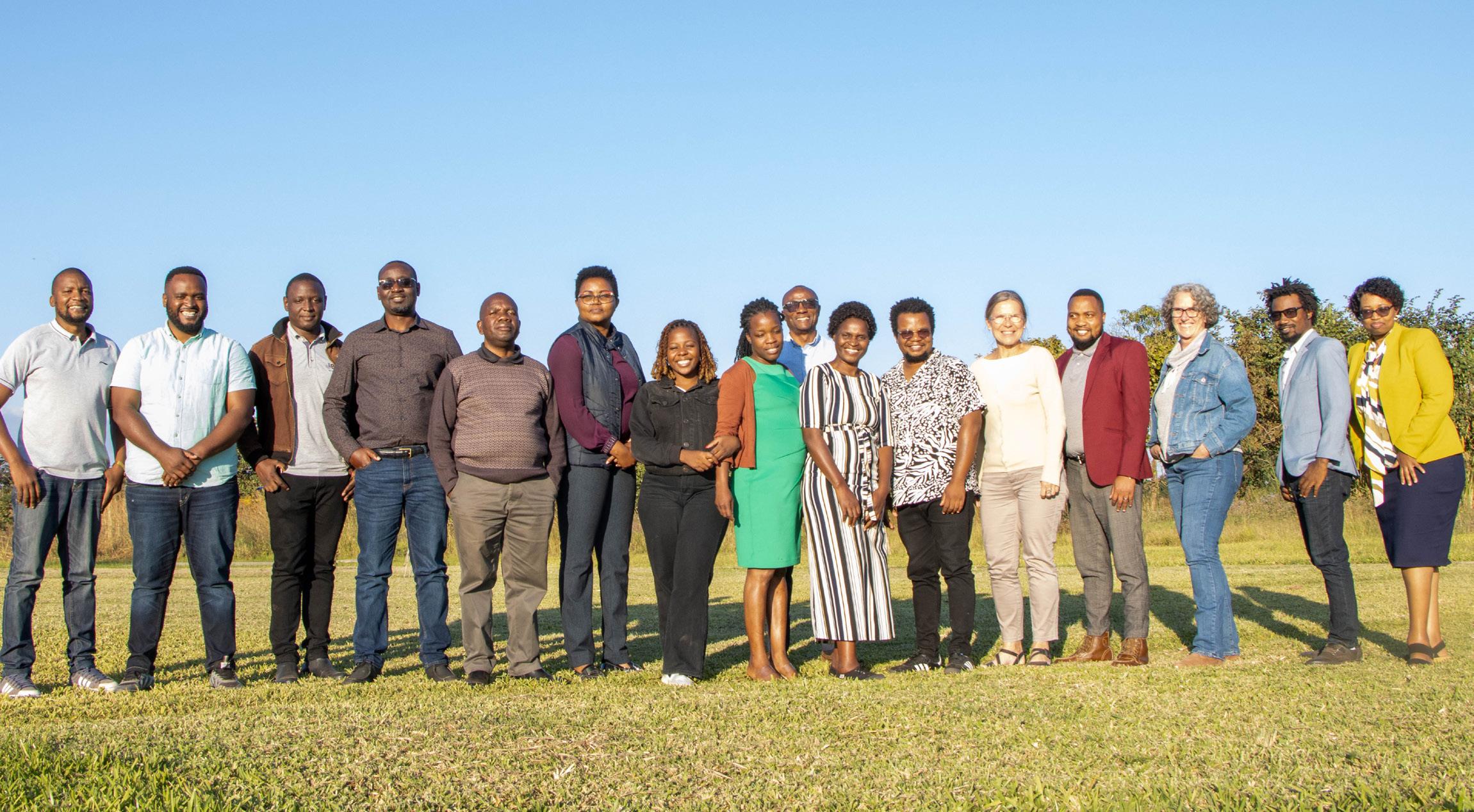


How is Welthungerhilfe leveraging digital tools, systems, or data-driven solutions to enhance procurement transparency, optimise logistics, and improve responsiveness across your field programs?
Welthungerhilfe has made significant strides in adopting digital tools and systems to enhance procurement transparency, optimise logistics, and improve overall responsiveness in our field operations. These technologies span across all key areas of our supply chain management—including procurement, fleet and logistics management, and asset tracking.
We have been utilising our e-tendering platform for the majority of our procurement processes. This has significantly improved efficiency, reduced lead times, and strengthened transparency. E-tendering has also enhanced our engagement with suppliers by maintaining an up-to-date and expanding supplier database, making it easier to identify and access reliable service providers. The system supports all stages of the procurement cycle—from tender advertisement to bid evaluation and contract award—ensuring a structured and auditable process.
To support document accessibility and preserve institutional knowledge, we also utilise Promis, a digital repository where critical procurement and supply chain documents—such as procurement plans, tender files, and evaluation reports—are stored. This system ensures easy access to essential data by all WHH staff, fostering transparency, consistency, and organisational learning.
On the logistics side, we leverage FleetWave, a fleet management technology that enables us to monitor and manage vehicle operations effectively. This tool supports real-time tracking, maintenance scheduling, and performance reporting, allowing the team to monitor key performance indicators and make data-informed decisions that enhance service delivery.
Through these digital solutions, Welthungerhilfe is increasingly able to make timely, evidence-based decisions—ensuring we remain responsive, transparent, and accountable in serving the needs of the communities we support.
Procurement in humanitarian settings involves strict donor compliance and risk mitigation. How do you ensure adherence to international procurement standards, donor regulations, and audit requirements across all projects?
At Welthungerhilfe (WHH), we recognise the critical importance of strict compliance with international procurement standards, donor regulations, and audit requirements across all projects. Adherence to these principles is integral to our risk mitigation strategy and to ensuring transparency, accountability, and integrity in all procurement activities.
WHH ensures that every procurement process is conducted in alignment with applicable donor regulations and international best practices. All suppliers are referred to, and required to review, understand, and agree to the terms and conditions governing the international procurement of goods and services. These terms explicitly reflect WHH’s commitment to legal and ethical compliance, including anti-corruption, fair competition, and responsible sourcing.
As part of our risk mitigation measures, WHH mandates anti-terrorism screening for all suppliers and service providers whose cumulative contract value exceeds EUR 2,000 within a calendar year. Any supplier that fails to pass this screening is deemed ineligible to conduct business with WHH. This policy is enforced rigorously and consistently across all operational contexts. It underscores WHH’s unequivocal stance against terrorism and money laundering and reaffirms our commitment to the principles of ethical business conduct as outlined in the UN Global Compact.
WHH employs a combination of offline and online tools to conduct these screenings efficiently and in line with our internal Anti-Terrorism Policy. These tools allow for real-time checks and ensure continued compliance, thereby safeguarding our operations and donor investments.
By embedding these practices into our procurement framework, WHH ensures that all procurement activities are transparent, ethical, and fully compliant with both donor expectations and international legal standards.
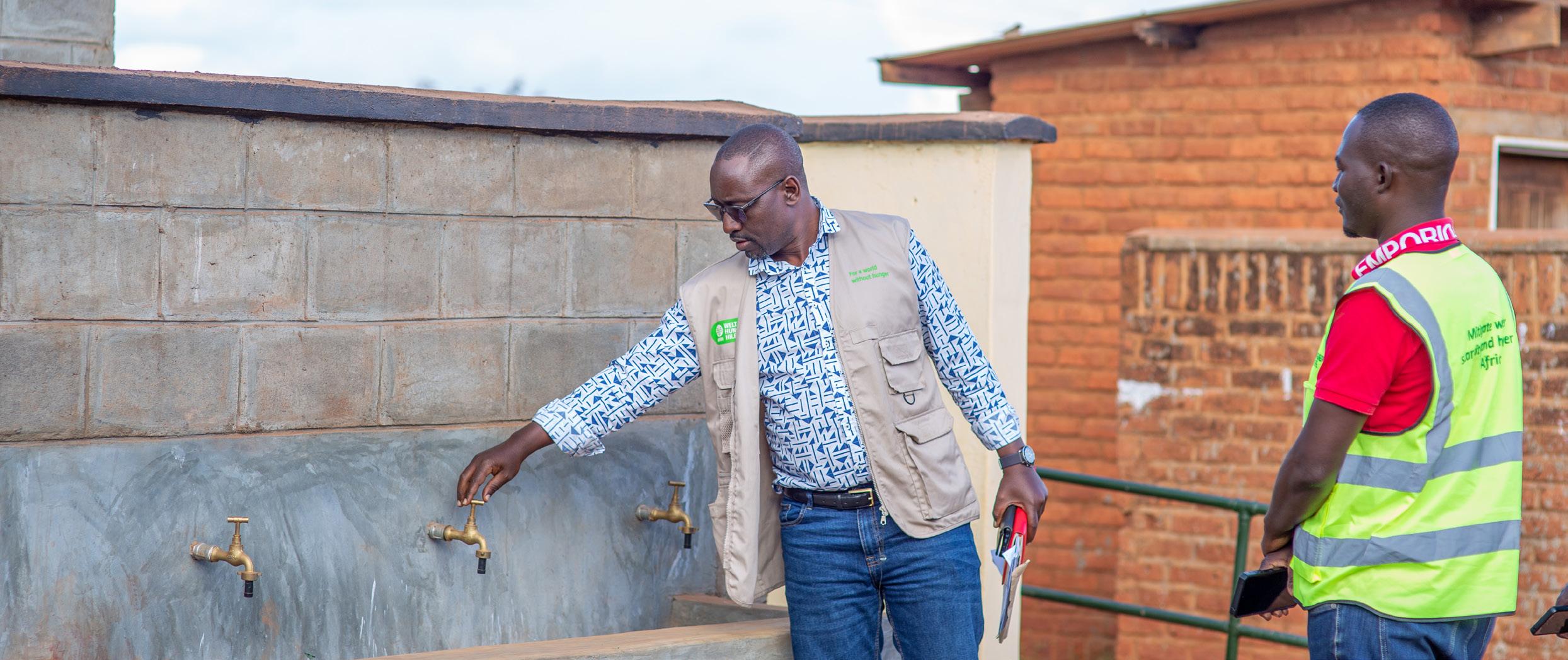
There’s a growing emphasis on localisation in aid. How is your procurement strategy aligned with supporting local markets, suppliers, and community-based partners while maintaining efficiency and accountability?
Welthungerhilfe (WHH) Malawi fully embraces the global shift towards localisation in humanitarian and development aid. WHH has recently become the newest signatory to the Grand Bargain, reinforcing its commitment to more effective, transparent, and locally led humanitarian action. In line with WHH Malawi’s Multi-Annual Country Strategy (2020–2025), one of our key objectives is to transition from direct implementation to a partnership-based approach. This shift empowers local organisations to take a leading role in project delivery across the districts we serve, promoting sustainable development through local ownership and capacity strengthening.
From a procurement and logistics perspective, this strategic shift is strongly supported by our procurement policy, which prioritises sourcing from the local market. A core principle of this policy is to strengthen the local economy by ensuring local suppliers and service providers are prioritised when acquiring goods and services. This approach not only aligns with WHH’s localisation agenda but also contributes directly to economic development, job creation, and market resilience within Malawi.
This deliberate effort ensures that local suppliers become integral stakeholders in the project implementation process. Furthermore, the same localisation message and procurement principles are actively promoted among our implementing partners. WHH encourages partners to adopt similar sourcing strategies that prioritise community-based vendors, cooperatives, and small enterprises wherever possible—without compromising efficiency, accountability, or compliance with donor requirements.
By embedding local market engagement into our procurement systems and reinforcing this approach through our partner network, WHH Malawi effectively balances the goals of localisation with the demands of operational efficiency, transparency, and accountability.
What advice would you give to aspiring professionals looking to grow a career in procurement and logistics within the NGO or humanitarian sector?
I strongly believe that a career in procurement and logistics within the humanitarian sector is both impactful and demanding. It requires a deep commitment to ethical principles, professional accountability, and continuous learning. For those aspiring to grow in this field, understanding the unique expectations of humanitarian supply chains is essential.
I should be quick to mention that accountability is non-negotiable. Humanitarian procurement and logistics involve managing donor funds, so every purchase must be transparent, well-documented, and aligned with strict policies. There is zero tolerance for non-compliance—professionals must ensure that resources are used efficiently and ethically to support vulnerable communities.
A successful career in humanitarian procurement and logistics is built on integrity, adaptability, and a dedication to continuous improvement. By upholding these principles, aspiring professionals can make a meaningful and lasting impact in this vital sector.
What trends or innovations do you see shaping the future of humanitarian supply chains, and how is Welthungerhilfe preparing to stay ahead of evolving needs, especially in a climateaffected, volatile world?
The future of humanitarian supply chains is being shaped by a combination of global volatility, climate change, and the growing demand for agile, transparent, and sustainable operations. One of the most transformative trends in this landscape is the digitisation of supply chain processes. At WHH, we recognise that digital innovation is not just a trend—it is a necessity for building resilient, efficient, and accountable humanitarian supply chains.
WHH has already taken significant steps in this direction. We are actively leveraging a range of digital tools across procurement, logistics, fleet, and inventory management, enhancing our ability to track, analyse, and respond to supply chain needs in real time. These tools support better decision-making, reduce lead times, improve compliance, and ultimately enable faster and more reliable aid delivery.
In alignment with the Kaizen philosophy of continuous improvement, WHH’s supply chain teams receive ongoing training to maximise the use and value of these digital platforms. This ensures our staff are equipped to adapt to changing contexts and contribute to an organisational culture of innovation and learning.
Additionally, WHH is implementing a global innovation initiative that explores and pilots forwardthinking solutions across all countries where we operate, including Malawi. This project is dedicated to embedding innovation into the core of our programming—ensuring that humanitarian supply chains are not only proactive but also predictive, data-driven, and adaptive to climate-related and geopolitical challenges.
Digitalisation also plays a vital role in advancing sustainability goals—from reducing paper usage to optimising transportation routes and promoting environmentally friendly sourcing strategies. These efforts align with WHH’s broader commitment to climate resilience and responsible resource management.
By embracing digital transformation, investing in staff capacity, and championing innovation at all levels, WHH is well-positioned to remain at the forefront of humanitarian supply chain evolution in an increasingly complex world.

Founded in 1962 and headquartered in Bonn, Welthungerhilfe is a leading German humanitarian and development organisation, active in over 70 countries. It envisions a world in which all people can exercise their right to a self-determined life in dignity and justice free from hunger and poverty. Its goal—to achieve “Zero Hunger by 2030”—drives programmes spanning emergency aid, sustainable agriculture, climate action, and food and nutrition security.
